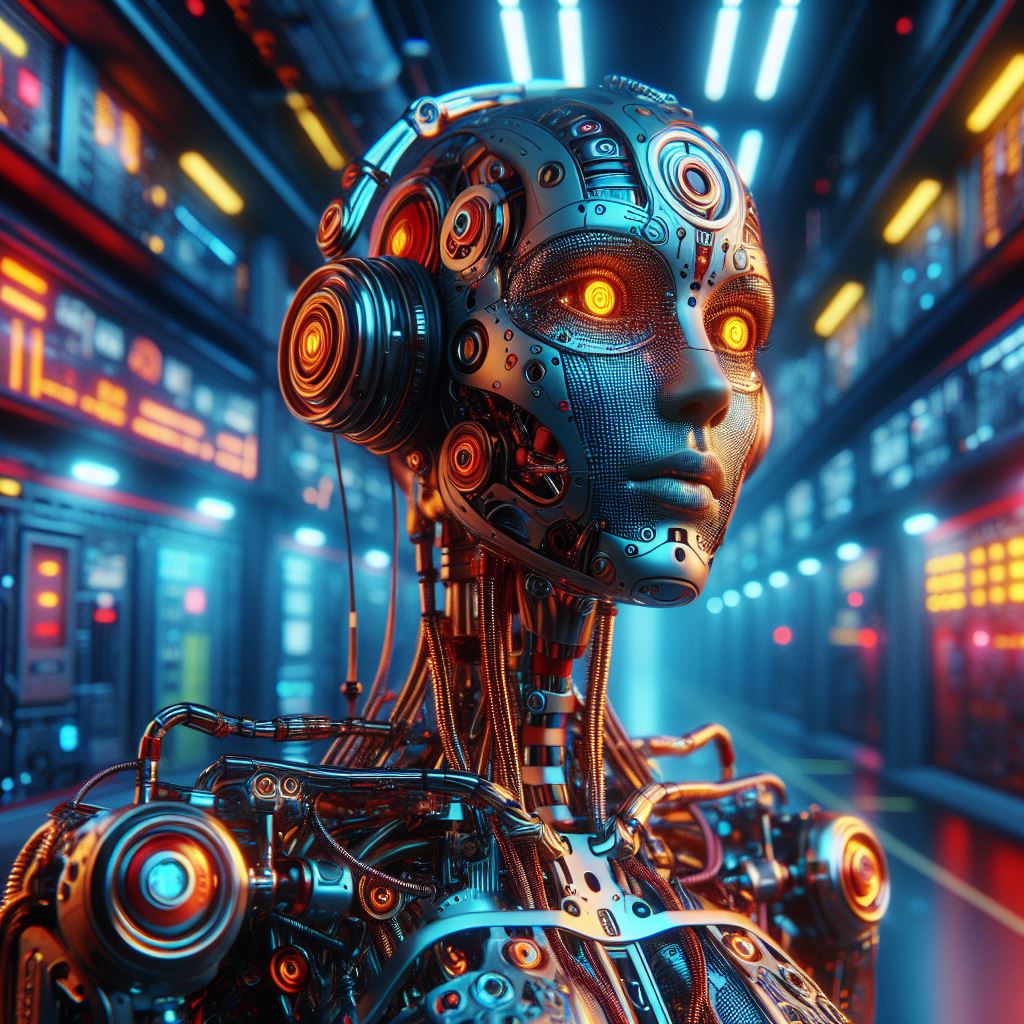Machine learning (ML) has already revolutionized industries, and by 2025, it is set to become even more integral to business and technology. As we move towards a future powered by data-driven decisions, the role of machine learning is expected to expand in both sophistication and application. In this article, we’ll explore the key trends and innovations that will shape the landscape of machine learning by 2025.
1. Widespread Adoption of AI-Powered Automation
In 2025, we can expect machine learning to be deeply embedded into automated systems across industries. From supply chains to customer service, AI-driven automation will become standard practice. Machine learning algorithms will be responsible for managing vast data sets and enabling real-time decision-making, allowing businesses to improve efficiency and cut costs. The continuous development of neural networks and deep learning technologies will make automation smarter and more adaptable.
2. Enhanced Personalization Through ML
As machine learning algorithms evolve, the ability to provide hyper-personalized experiences will become a dominant trend. In 2025, businesses will leverage ML to create tailored products, services, and content for individuals based on their preferences, behaviors, and past interactions. Whether in e-commerce, marketing, or entertainment, ML will be the driving force behind personalized recommendations and dynamic content generation. Companies will be able to deliver highly specific and engaging customer experiences that foster loyalty and increase conversion rates.
3. Integration of ML in Healthcare
The healthcare industry is set to undergo a major transformation by 2025 with the integration of machine learning. ML algorithms will help healthcare professionals make better diagnoses, predict patient outcomes, and optimize treatment plans. With advances in natural language processing (NLP) and computer vision, machine learning will analyze medical images and electronic health records with incredible accuracy, offering insights that were once impossible to achieve. Moreover, personalized medicine powered by ML will become more common, with treatments tailored to the individual’s genetic profile.
4. Ethical and Responsible AI Development
As machine learning technologies become more prevalent, the need for ethical guidelines and regulations will intensify. By 2025, we anticipate a stronger focus on responsible AI development, ensuring that ML systems are transparent, fair, and accountable. Ethical considerations such as bias reduction, data privacy, and the explainability of AI models will become top priorities for both developers and regulators. Society will demand that machine learning not only drives innovation but also adheres to strict standards that protect individuals’ rights and promote fairness.
5. Quantum Computing and ML Convergence
Quantum computing will continue to develop at a rapid pace and will likely converge with machine learning by 2025. With the power of quantum algorithms, machine learning will be able to solve problems that are currently computationally prohibitive, such as complex simulations or optimization problems. This convergence will lead to breakthroughs in fields like drug discovery, material science, and climate modeling, opening up new frontiers for ML applications.
Conclusion
By 2025, machine learning will no longer be a futuristic concept but an essential part of daily life. The advancements in AI-powered automation, personalized experiences, healthcare applications, ethical AI development, and quantum computing integration will reshape industries and create new opportunities for innovation. As businesses and societies embrace these changes, machine learning will continue to push the boundaries of what’s possible, making the future brighter and more efficient than ever before.
